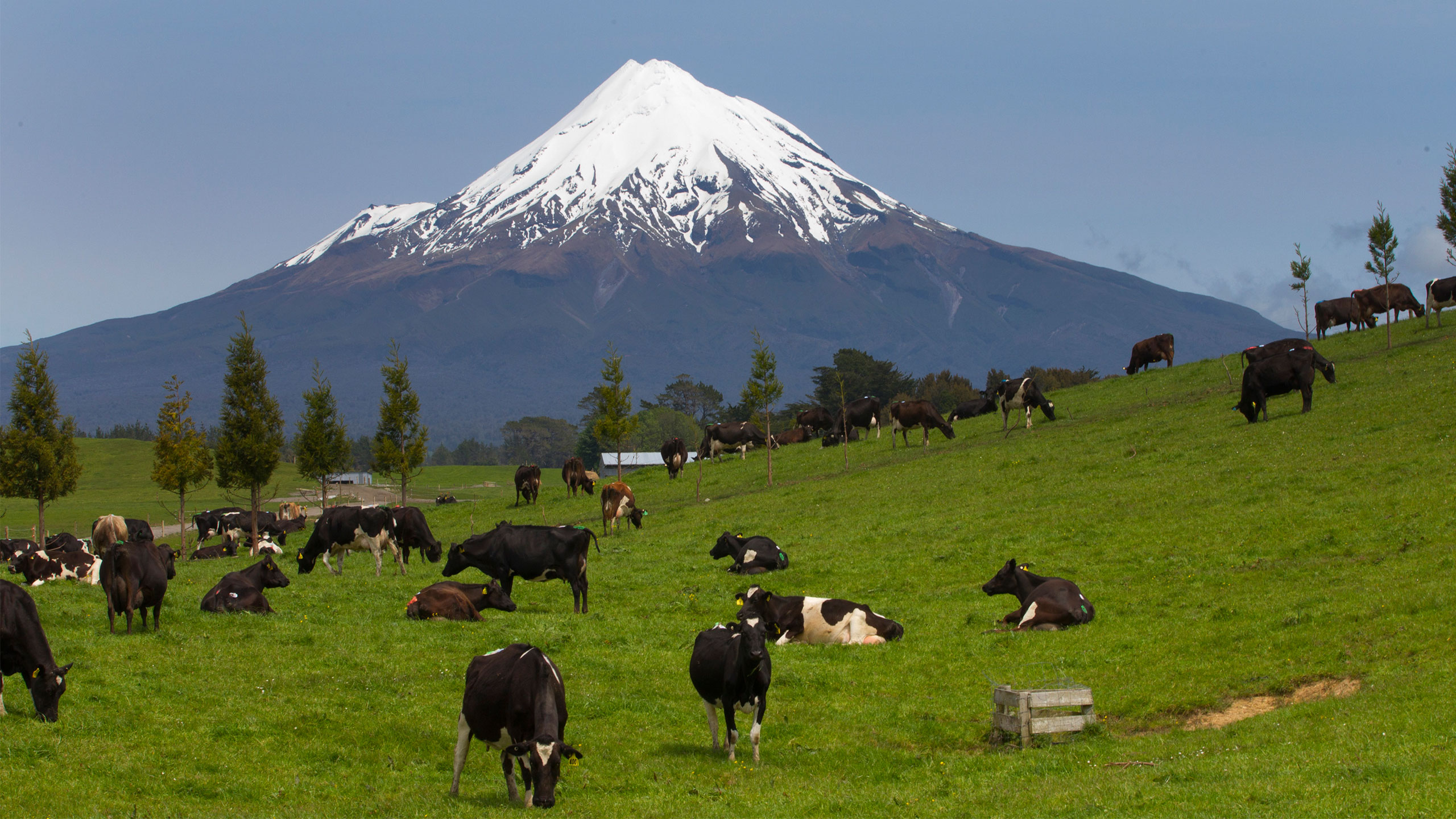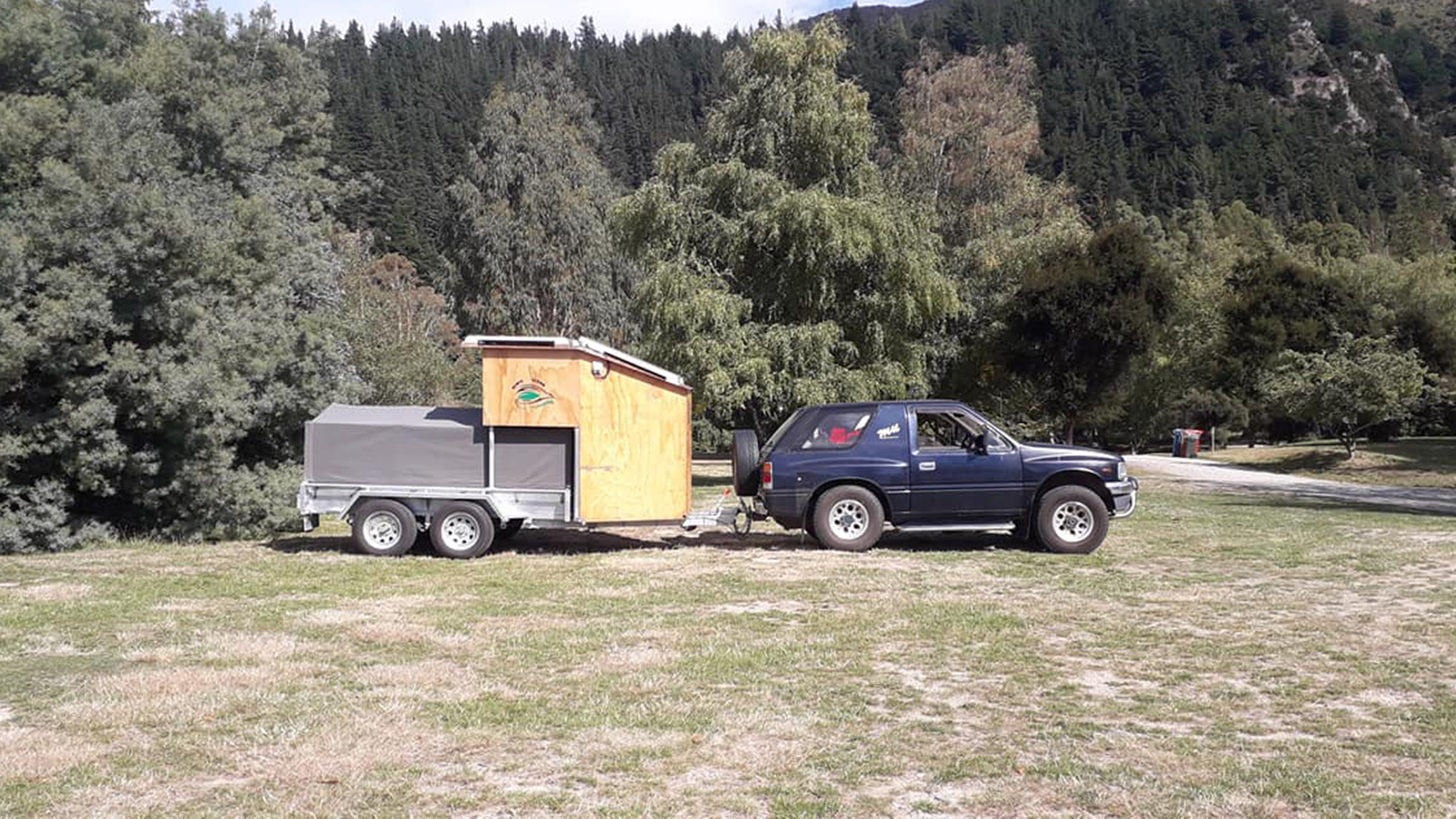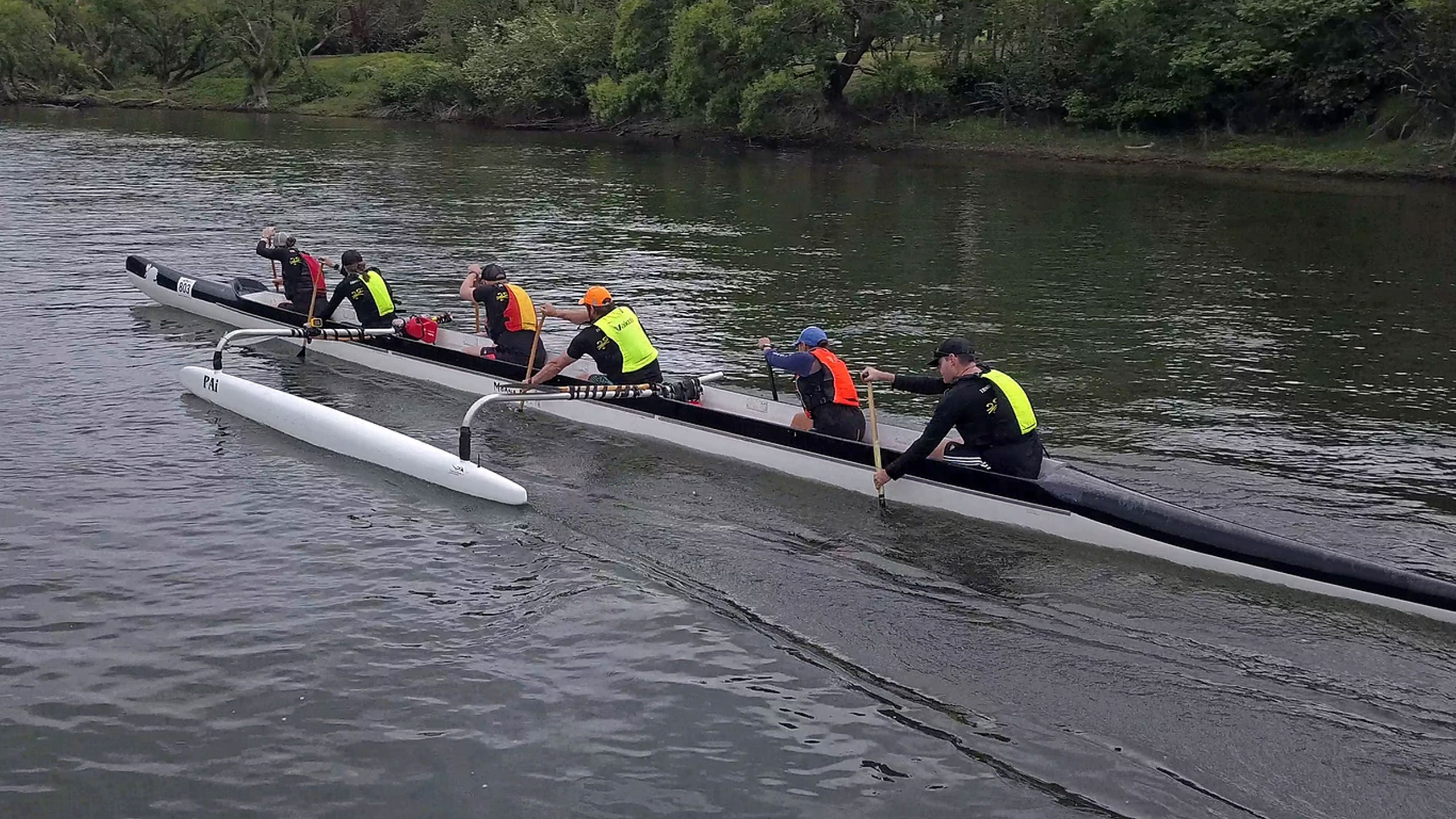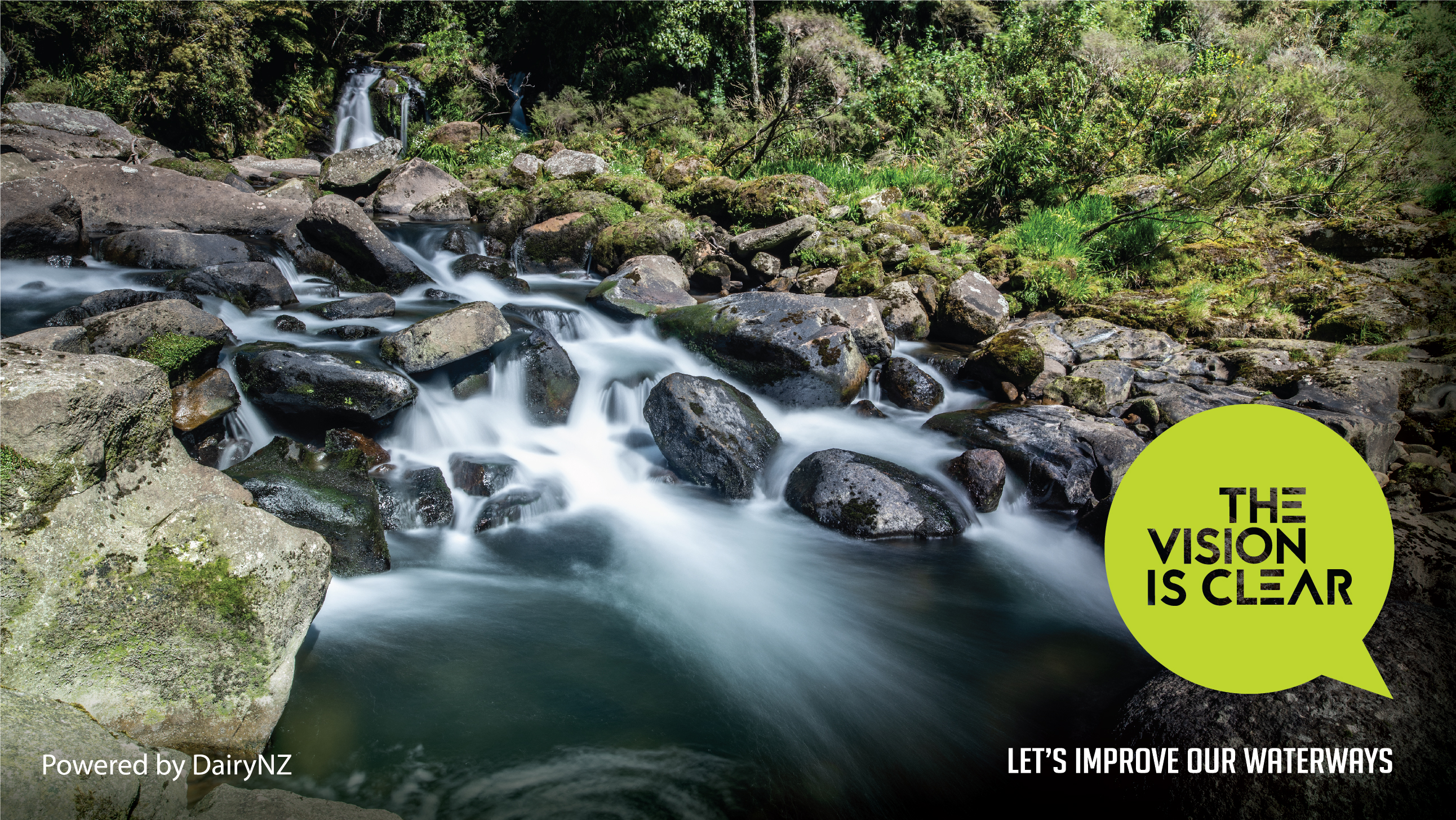Rowing champ’s shock at sea
A mid-ocean experience helps to focus efforts on cleaning New Zealand’s waterways.
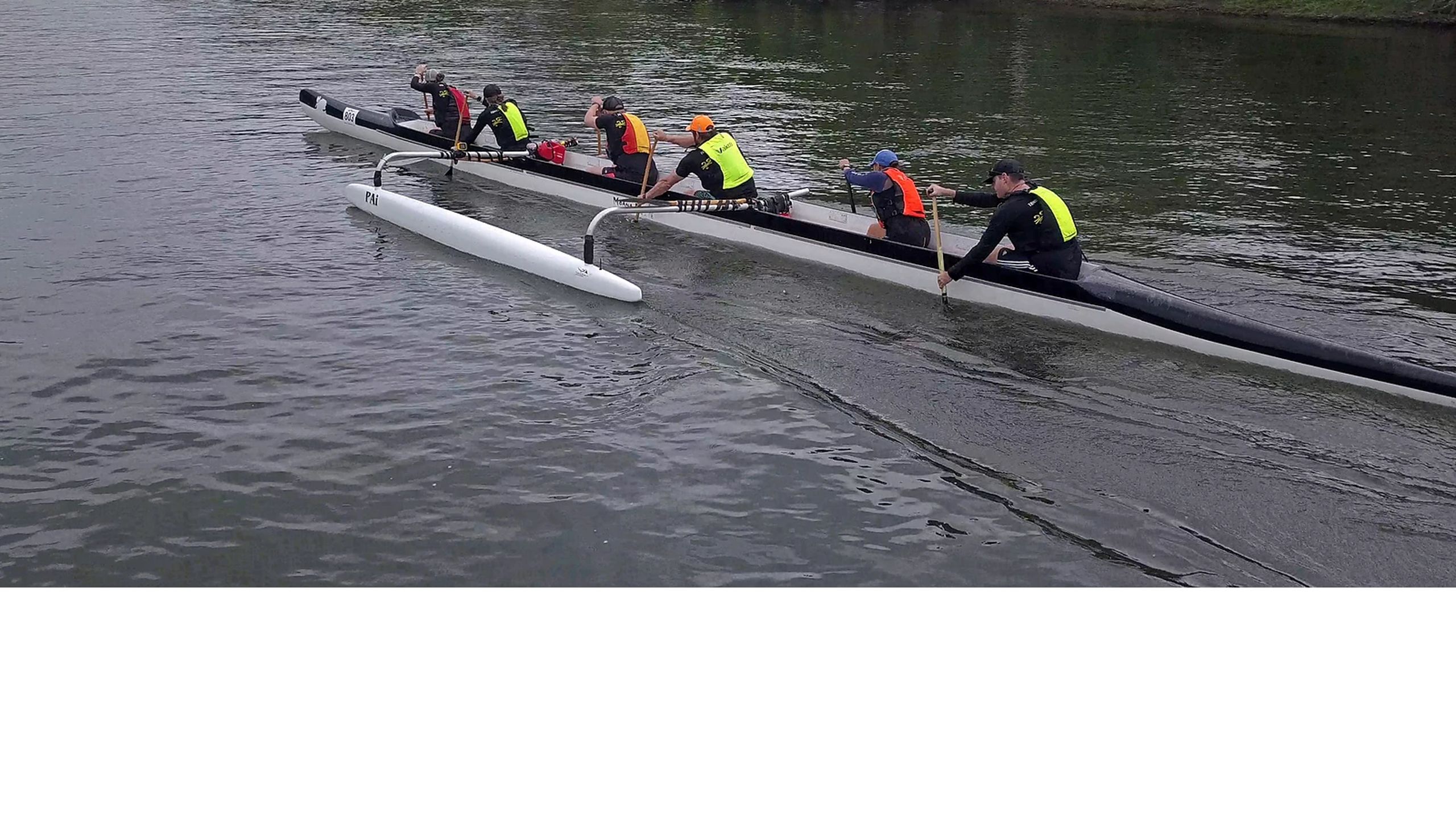
Powered by DairyNZ
Powered by DairyNZ
A ‘shock’ experience in the mid-Atlantic Ocean for long-distance Kiwi rower Rob Hamill becamethe genesis of an event which helps promote efforts to clean up the Waikato River, one of New Zealand’s iconic waterways.
Known as the Waikato 100 the event, to be held in November, includes rowers, paddlers and kayakers racing a tough 100km course along the river in a single day.
Its beginnings began back in 1997 when Hamill, together with the late Phil Stubbs, was taking part in the inaugural Atlantic Rowing Race, a grueling 4700km event they ultimately won after 41 days at sea.
Although facing extreme challenges - physical and psychological exhaustion and sleep deprivation among them - it was the sight of sea-borne pollution that also left a lasting impression on Hamill.
“Every day we were out there I saw every conceivable kind of rubbish floating on the surface – plastic bags, bottles, even buckets,” he says. “That was a real shock to me.
“I’ve found the same all over the place; I’ve seen beaches on deserted islands littered with all manner of rubbish and paraphernalia. I don’t think there is a single inch of the world that doesn’t have plastic.
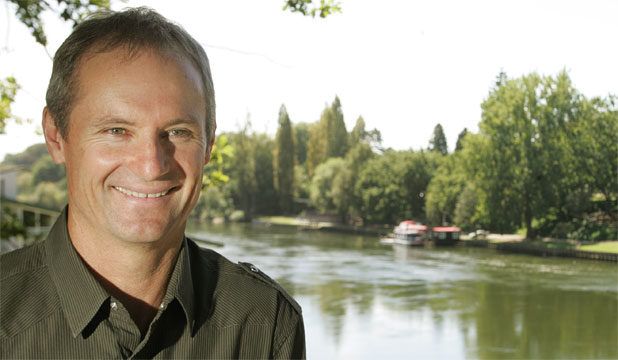
Rob Hamill. Photo / Supplied.
Rob Hamill. Photo / Supplied.
“Plastic itself is only one issue,” he says. “A lot of chemical residue also ends up in the ocean and attaches to plastic and becomes a problem when it is ingested by fish.”
His experience in the Atlantic event - it followed a course from the Canary Islands to Barbados in the West Indies, the Kiwis finishing almost eight days ahead of the second-placed vessel - so affected Hamill he has ever since committed to working for a more sustainable future.
In 2008 he stood (unsuccessfully) as a Green Party candidate in the general election and, two years ago, helped the Waikato Rowing Club organise the Waikato 100.
The aim of the race is to promote the clean-up of the river and all waterways in New Zealand - and to highlight preventative measures being undertaken to minimise pollution in them.
“The idea behind it is to have people connect to the river,” he says. “The more connected people are, the more they will want to protect it. The Waikato is a true taonga (a highly prized natural resource) and is the flagship for all our waterways; so much of the wealth of our country comes from its waters.”
This year’s Waikato 100 is to be held on November 2 and Hamill is hoping entries will be well up on the 144 received last year.
The event follows the river for 100km from Hamilton to Elbows Landing near Port Waikato. It is open to several forms of human-propelled vessels - paddleboards, rowers, kayaks, surf boats and waka ama - and includes 100km, 50km and 25km distance options. Contestants can also form a relay over 50 or 100km.
Hamill says organisers are this year considering options for people to carry out practical steps to help the ecology of the river and to support “the great work being done by the Waikato River Authority and groups like DairyNZ and the Vision is Clear movement.
“It could be tree planting or the removal of toxic plants,” he says. “Every athlete in the event has at least two or three supporters who could do something like this on the day.”
Hamill says the river’s ecology is “not all that bad” when compared to some other waterways, “yet the Waikato bisects such a rich stretch of our country and it is important we protect our precious taonga and get people talking about it.”
Hamill, who first came to prominence when he won a silver medal in the lightweight double sculls with Mike Rodger in the 1994 world rowing championships, says he has always had an affinity with the water.
“It began when I was growing up in Whakatane playing in the sea and rivers. It gave me an understanding of the significance of water and this continued when I started rowing.”
Following his win with Stubbs in the Atlantic race, Hamill was made a member of the New Zealand Order of Merit (Stubbs tragically died before he could officially receive the honour when a light plane he was flying crashed at Karekare on Auckland’s west coast in 2000) and managed the Kiwi teams that won the next two races in the event.
He is also a co-organiser of The Great Race, an annual rowing eights clash on the Waikato between the University of Waikato and prominent university teams from outside New Zealand (which have included Cambridge, Oxford, Harvard and Washington universities).
He is soon to re-launch his family’s Cruising Kiwis adventure with his wife Rachel and sons Finn, Declan and Ivan on their 43ft catamaran Javelot.
The family will sail a first leg to Fiji and from there head to the Solomon Islands, Indonesia and Cambodia. But come November 2 and the Waikato 100 Hamill intends flying back to New Zealand to attend – although he has no plans to take part.



